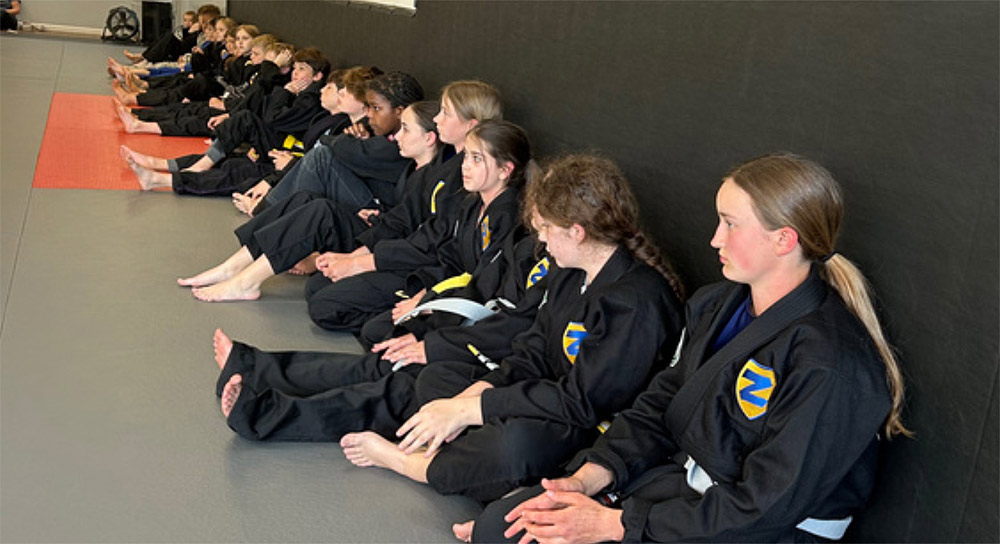“Nurturing the Warrior Within: Empowering Children for Resilience and Growth”
Resilience: A warrior mindset teaches a child to be resilient in the face of challenges and setbacks. It helps them understand that failure is a part of life and that they should not give up easily but rather learn from their mistakes and keep trying.
Perseverance: Encouraging a warrior mindset instills a sense of determination and perseverance in a child. They develop the ability to work hard towards their goals, even when the path is difficult or time-consuming.
Self-discipline: A warrior mindset emphasizes the importance of self-discipline and self-control. Children with this mindset learn to manage their emotions and impulses, which can lead to better decision-making and behavior.
Confidence: Having a warrior mindset can boost a child’s self-confidence. Believing in their abilities and skills can empower them to take on new challenges and take risks that ultimately contribute to personal growth.
Positive attitude: A warrior mindset involves maintaining a positive attitude, even in the face of adversity. This optimistic outlook can help children cope with stress and difficult situations in a healthier way.
Goal-setting: Warriors are known for setting clear objectives and working strategically to achieve them. Encouraging goal-setting from an early age can help children develop a sense of purpose and direction in life.
Focus and concentration: A warrior mindset emphasizes the importance of focus and concentration. Children learn to pay attention to the task at hand, which can enhance their learning abilities and overall performance.
Teamwork: Being a warrior doesn’t necessarily mean being an individualistic lone wolf. Warriors often work together as a team, valuing cooperation and collaboration. Instilling this sense of teamwork in children can help them develop social skills and empathy.
Emotional intelligence: Warriors are in touch with their emotions but do not let them control their actions. Developing emotional intelligence helps children understand and manage their feelings in healthy ways, leading to better relationships and communication skills.
Adaptability: Warriors need to adapt to changing circumstances and environments. Cultivating adaptability in children allows them to be flexible and open-minded, which is crucial in today’s rapidly changing world.
It’s essential to guide children in understanding that being a warrior is about inner strength, mental resilience, and positive values. A warrior mindset can help children face life’s challenges with determination, compassion, and the ability to persevere through adversity, ultimately contributing to their overall personal development and well-being.

